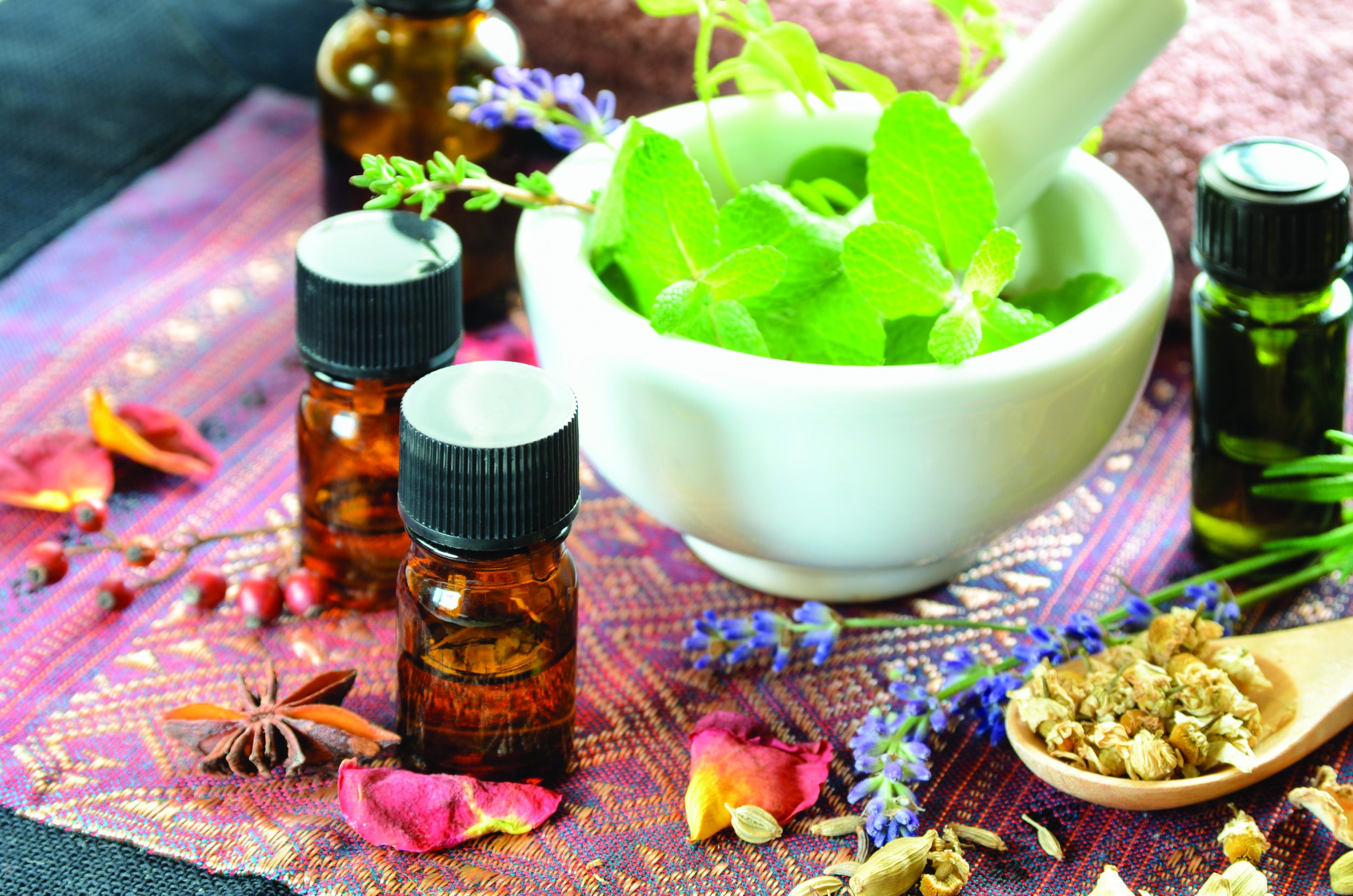
This article, as well as others on alternative, natural ways to increase your health, is found in Newsweek's Special Edition: Nature's Remedies—Heal Your Body.
While the use of essential oils might seem like a new and popular trend, people have been using them for thousands of years to achieve full body and mind wellness. The ancient Egyptians were some of the first to extract oils from different plants for aromatherapy and embalming, and the Greeks would later use these oils for healing, perfumication and offerings to the gods.
Since then, users have advocated for their healing powers—using methods like aromatherapy, pills or topical applications of the oils to supplement professional medical care.
Tea Tree
Discovered by the indigenous Bundjalung people of eastern Australia, tea tree oil has been used for hundreds of years for healing. The leaves were used to treat skin wounds and bites. Now used as an alternative to acne medication, some studies have shown applying 5 percent tea tree oil daily to acne works to reduce inflammation, with fewer side effects than benzoyl peroxide. Because of tea tree oil's antibacterial and antiviral properties, it's often used topically on cold sores to reduce the swelling and the duration of the outbreak. A study by the Australian Dental Journal says a drop of tea tree oil applied to toothpaste could possibly ease chronic gingivitis by killing bacteria on the gums.
Lavender
Lavender oil has been used for medicinal purposes as far back as ancient Egypt and Rome. But only recently have studies tried to validate the 2,500-year use of lavender as a health benefit. Research published by the International Journal of Psychiatry in Clinical Practice indicates that taking 80 milligrams capsules of lavender essential oil as a supplement alleviates feelings of anxiety, depression and insomnia. Some practitioners suggest that adding lavender oil to a bath or rubbing it on the neck and chest can help insomniacs fall into a peaceful slumber.
Peppermint
The Ebers Papyrus, an Egyptian medical text from 1550 B.C., lists peppermint as a cure for stomach pain. With a variety of proposed benefits, the use of peppermint oil has been historically associated with digestive and stomach issues. Some research has suggested that inhaling peppermint oil decreases hunger cravings, meaning the more you sniff the less you scarf down. Other studies have shown that consuming peppermint oil capsules can provide relief to patients with irritable bowel syndrome and that drinking a glass of water with a few drops of peppermint oil after a meal can provide relief from indigestion.
Rosemary
Few clinical studies have focused extensively on rosemary oil, despite the use of it in homes in a vain attempt to prevent the plague in the Middle Ages. Research, however, shows that rosemary oil has value in stimulating blood flow. A study by the University of Maryland demonstrated that people with alopecia who massaged their scalp with rosemary oil, along with other essential oils, had greater hair regrowth over seven months. Even those sporting a gorgeous head of hair can take advantage of rosemary oil's ability to stimulate blood flow by using a mixture of rosemary essential oil and a carrier oil (such as coconut, grapeseed or olive oil) on parts of the body with poor circulation, such as the hands and feet. Users claim massaging the oil into their skin helps alleviate the numbness and cold that are telltale signs of insufficient circulation.
Lemon
This oil can help purify the skin, according to a study by the Asian Pacific Journal of Tropical Biomedicine. For those with oily skin, lemon oil can help banish blemishes as well as brighten the skin. But it's not only something to add to a skin care regime—the same study found lemon oil may help with digestion by fighting ulcers with citric acid.
Sandalwood
Sandalwood oil has been used for at least 4,000 years in spiritual rituals and meditative practices to promote mental clarity. A pilot study published in the journal of Complementary Therapies in Clinical Practice researched this tradition, and results seem to support the long-standing use of this oil in reducing anxiety and promoting relaxation.
This article was excerpted from Newsweek's Special Edition: Nature's Remedies—Heal Your Body. For more on this definitive guide to alternative methods of healing the mind, body and soul, pick up a copy today.

Uncommon Knowledge
Newsweek is committed to challenging conventional wisdom and finding connections in the search for common ground.
Newsweek is committed to challenging conventional wisdom and finding connections in the search for common ground.
About the writer
To read how Newsweek uses AI as a newsroom tool, Click here.








